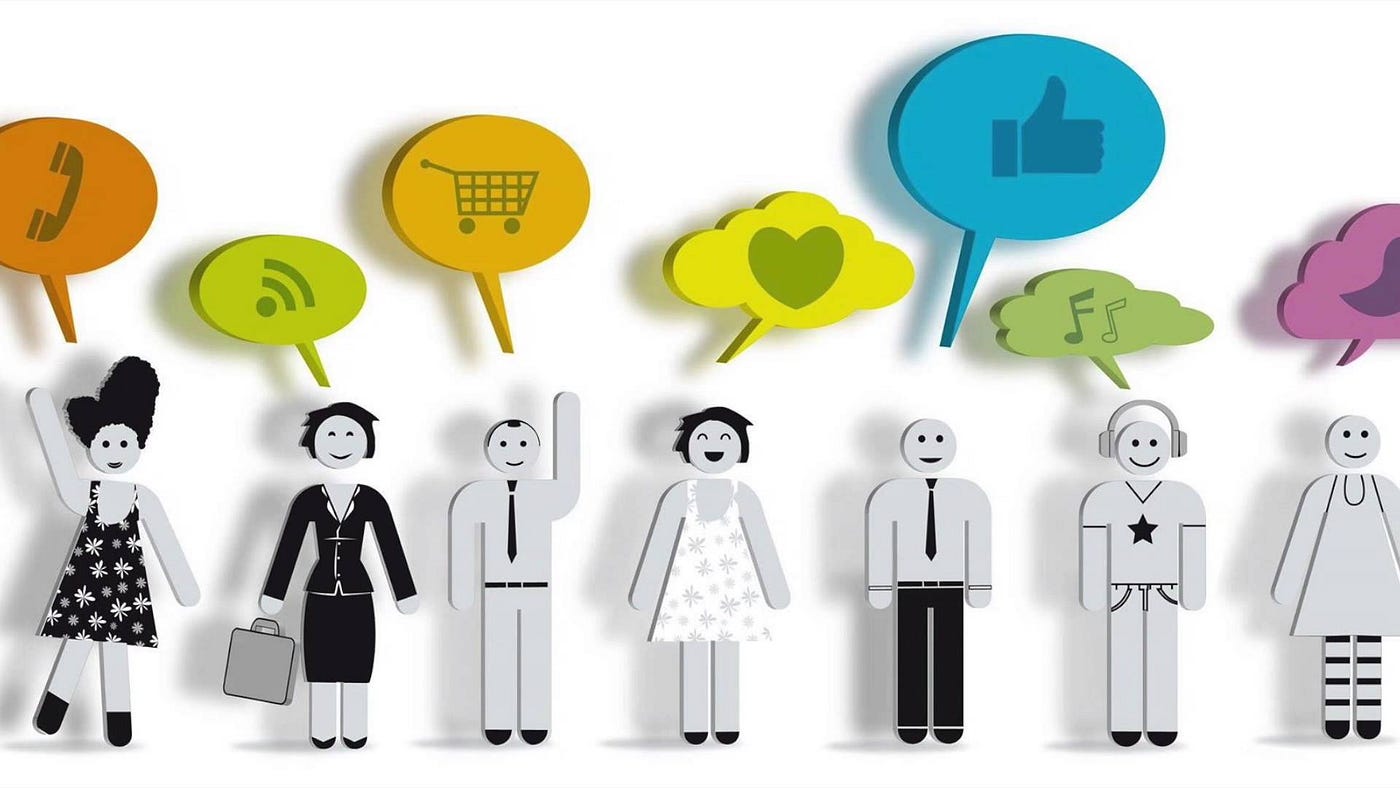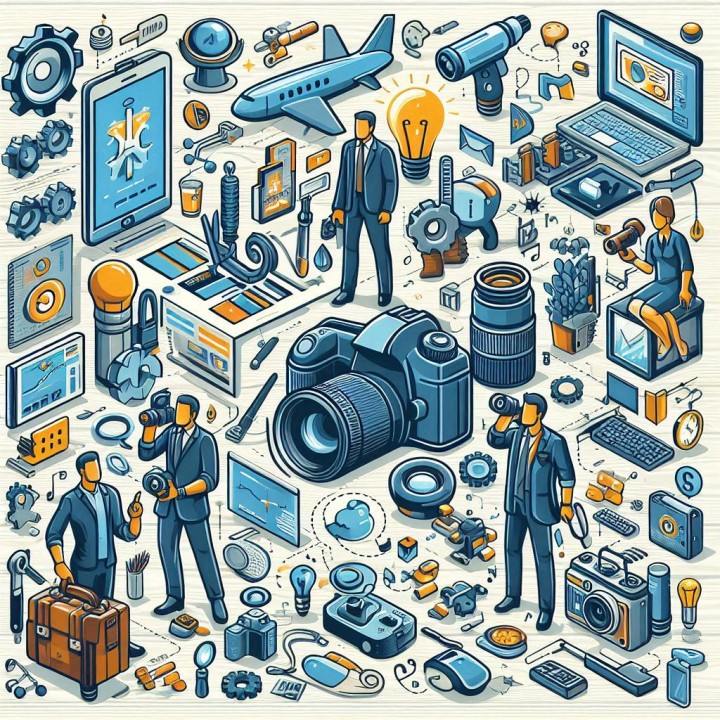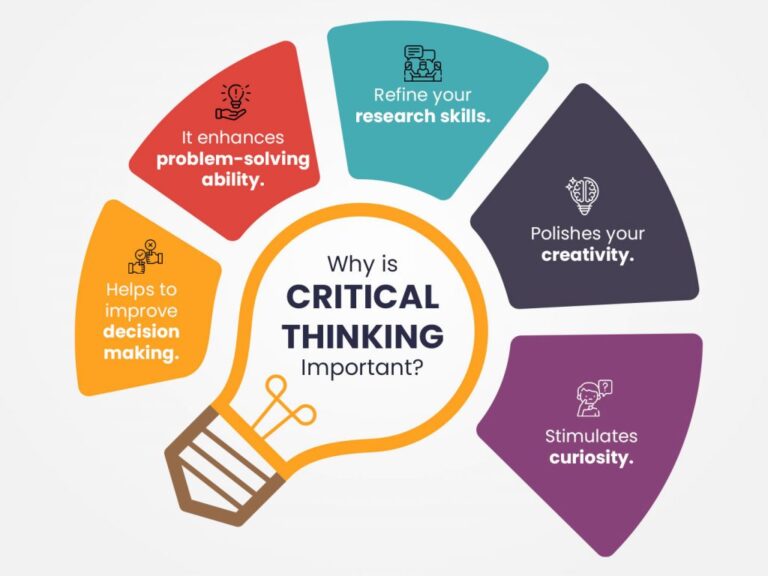The Psychology Behind Consumer Behavior
Consumer behavior is driven by psychological factors like emotions, motivations, and cognitive processes. Understanding these factors helps businesses tailor their marketing strategies.
Consumers often make purchasing decisions based on emotional responses rather than logical reasoning. Factors such as social influence, personal preferences, and past experiences play significant roles. Brands that tap into consumer emotions can create stronger connections and loyalty. Psychological triggers like scarcity, urgency, and social proof effectively drive sales.
Additionally, understanding cognitive biases helps in crafting persuasive messages. Companies need to focus on creating positive emotional experiences and addressing consumer needs and desires. By leveraging psychological insights, businesses can enhance their marketing efforts, leading to increased consumer satisfaction and higher conversion rates.
Introduction To Consumer Psychology
Understanding consumer psychology is key to successful marketing. It helps businesses know why people buy products. This knowledge can boost sales and improve customer loyalty. Companies use this information to create better marketing strategies. Let’s explore this fascinating field.
Why We Buy
Several factors influence our buying decisions. These factors include cultural, social, personal, and psychological aspects. Each one plays a crucial role in how we shop.
- Cultural Factors: Our culture shapes our buying habits. It affects our values and beliefs.
- Social Factors: Friends and family influence what we purchase. Social status also plays a role.
- Personal Factors: Age, occupation, and lifestyle impact our choices. These factors change over time.
- Psychological Factors: Motivation, perception, and attitudes drive our buying behavior.
The Role Of Emotions
Emotions play a significant part in consumer behavior. They can trigger impulse purchases and brand loyalty.
| Emotion | Effect on Buying Behavior |
|---|---|
| Happiness | Leads to more spending and positive reviews. |
| Fear | Can drive purchases for security and safety. |
| Sadness | May result in comfort buying. |
Advertisements often use emotions to connect with customers. This emotional connection makes ads more effective. It increases the likelihood of a purchase.
Cognitive Influences
Cognitive influences play a key role in shaping consumer behavior. They affect how we perceive, remember, and learn about products. Understanding these can help businesses create better marketing strategies.
Perception And Attention
Perception is how we see and understand the world. It involves our senses like sight and sound. Attention is what we focus on. Both are crucial in consumer behavior. For instance, bright colors grab attention quickly. This is why many ads use vivid colors.
Here are some key points about perception and attention:
- Bright colors attract attention.
- Loud sounds are hard to ignore.
- Clear images are easier to remember.
Memory And Learning
Memory helps us store information about products. Learning changes our behavior based on past experiences. Together, they influence our buying choices. For example, a catchy jingle can make a product memorable.
Below is a table showing types of memory and learning:
| Type | Description |
|---|---|
| Short-term Memory | Holds info for a short time. |
| Long-term Memory | Stores info for a long time. |
| Associative Learning | Links products with feelings. |
| Cognitive Learning | Uses thinking to learn. |
Here are some techniques to improve memory and learning:
- Use repetition to reinforce messages.
- Create emotional connections with products.
- Design ads that tell a story.
Social Influences
Understanding the psychology behind consumer behavior is crucial for marketers. One key aspect is social influences. These influences shape how consumers think, feel, and act. Social influences can be powerful, often driving purchasing decisions.
Cultural Impact
Culture shapes our values, beliefs, and behaviors. It affects our buying choices. For example, in some cultures, community and family are highly valued. This might lead to preferences for products that support group activities.
| Culture | Behavior |
|---|---|
| Individualistic | Preference for unique, personal items |
| Collectivist | Preference for group-oriented products |
Social Proof
Social proof is the idea that people copy the actions of others. This is especially true if they see those people as knowledgeable or influential. Seeing others use a product can increase its appeal.
- Reviews and ratings influence buying decisions.
- Endorsements from celebrities can boost product sales.
- Friends’ recommendations are highly trusted.
Social proof can take many forms. It includes online reviews, social media likes, and testimonials. These elements create a sense of trust and credibility.
Marketers can leverage social proof to enhance their campaigns. They can showcase user testimonials, display ratings, and highlight influencer endorsements.
Emotional Triggers
Emotional triggers deeply influence consumer behavior. Understanding these triggers helps businesses connect with their audience effectively. Emotional triggers tap into basic human feelings. This makes consumers act in specific ways.
Fear And Desire
Fear and desire are powerful motivators. Fear can drive consumers to avoid negative outcomes. For example, fear of missing out (FOMO) makes people buy products quickly. They want to avoid feeling left out.
Desire works differently. It pulls consumers towards positive outcomes. A sleek new gadget or a luxurious vacation can create strong desires. These feelings push consumers to make purchases.
Happiness And Satisfaction
Happiness and satisfaction are key emotional triggers in consumer behavior. Happy customers are more likely to buy again. They also recommend products to others.
Satisfaction ensures long-term loyalty. If a product meets or exceeds expectations, consumers feel satisfied. This satisfaction encourages repeat purchases and positive reviews.
| Emotional Trigger | Effect on Consumer Behavior |
|---|---|
| Fear | Drives urgency and quick purchases |
| Desire | Motivates consumers towards positive outcomes |
| Happiness | Increases repeat purchases and recommendations |
| Satisfaction | Ensures long-term loyalty and positive reviews |
Decision-making Processes
Understanding the decision-making processes of consumers can offer invaluable insights for businesses. By delving into how choices are made, companies can tailor their strategies to better meet consumer needs and preferences.
Rational Vs. Irrational Choices
Consumers often face a dilemma between rational and irrational choices. Rational decisions involve logical thinking and thorough evaluation. For instance, comparing prices, reading reviews, and considering long-term benefits. Irrational choices, on the other hand, are driven by emotions or impulses. These decisions may stem from a desire for instant gratification or a response to marketing tactics.
A table can help illustrate the differences:
| Rational Choices | Irrational Choices |
|---|---|
| Based on logic | Driven by emotions |
| Research and compare | Impulse buys |
| Long-term benefits | Instant gratification |
Heuristics And Biases
Consumers use heuristics or mental shortcuts to make decisions. While these can simplify choices, they often lead to biases. Common heuristics include:
- Availability Heuristic: Relying on immediate examples that come to mind.
- Anchoring: Focusing heavily on the first piece of information encountered.
- Representativeness Heuristic: Judging the probability of an event based on how much it resembles existing stereotypes.
Biases can lead to systematic errors in judgment. For instance, the confirmation bias makes consumers seek out information that confirms their pre-existing beliefs, ignoring contradictory data.
Understanding these mental shortcuts and biases can help businesses create more effective marketing strategies. By aligning their approach with how consumers naturally think, they can enhance engagement and conversion rates.

Credit: www.wearetribu.com
Marketing Strategies
Understanding consumer behavior is crucial for developing effective marketing strategies. These strategies help businesses connect with customers. They also help increase sales and build brand loyalty. We will explore two key aspects of marketing strategies: Brand Loyalty and Advertising Techniques.
Brand Loyalty
Brand loyalty refers to the positive feelings consumers have towards a brand. Loyal customers are more likely to make repeat purchases. They also tend to recommend the brand to others. Building brand loyalty involves several techniques:
- Quality Products: Offer high-quality products that meet customer expectations.
- Customer Service: Provide excellent customer service to solve issues quickly.
- Rewards Programs: Implement reward programs to encourage repeat purchases.
- Consistent Branding: Maintain a consistent brand image across all channels.
Advertising Techniques
Advertising techniques play a significant role in influencing consumer behavior. Effective advertising captures attention and persuades consumers to take action. Here are some common advertising techniques:
| Technique | Description |
|---|---|
| Emotional Appeal | Use emotions to create a connection with the audience. |
| Social Proof | Show testimonials and reviews to build trust. |
| Scarcity | Highlight limited availability to create urgency. |
| Celebrity Endorsements | Use celebrities to promote your product or service. |
By combining brand loyalty efforts with effective advertising techniques, businesses can better influence consumer behavior. This not only boosts sales but also fosters long-term customer relationships.
Technological Impact
The advent of technology has dramatically changed consumer behavior. With the rise of the internet and smartphones, shopping and social interactions have evolved. This section explores how technology influences consumer behavior.
Online Shopping Behavior
Online shopping has revolutionized the retail industry. Consumers can shop anytime, anywhere. This convenience has made online shopping very popular.
- Ease of Access: Consumers can browse products from home.
- Variety: Online stores offer a wider range of products.
- Price Comparison: Consumers can easily compare prices from different stores.
These factors contribute to the increasing preference for online shopping. E-commerce platforms use algorithms to suggest products based on browsing history. This personalized experience encourages more purchases.
Social Media Influence
Social media platforms play a crucial role in shaping consumer behavior. People spend a significant amount of time on social networks. They see ads, product reviews, and influencer endorsements.
| Influence Type | Impact |
|---|---|
| Advertisements | Targeted ads attract consumer interest. |
| Reviews | Positive reviews build trust in products. |
| Influencers | Endorsements can drive purchase decisions. |
Consumers often trust recommendations from their favorite influencers. This form of social proof can significantly impact buying decisions. Social media platforms also enable brands to engage with consumers directly. This builds a stronger connection and fosters brand loyalty.

Credit: www.linkedin.com
Ethical Considerations
Understanding the psychology behind consumer behavior includes ethical considerations. Companies must maintain ethical standards when influencing consumer decisions. Ethical practices ensure trust and long-term customer relationships.
Consumer Privacy
Consumer privacy is a major concern in the digital age. Consumers expect their data to be protected. Businesses must respect this expectation. Personal data should not be shared without consent.
Here are some key points to ensure consumer privacy:
- Collect only necessary data.
- Use encryption to protect data.
- Provide clear privacy policies.
Respecting consumer privacy builds trust. Trust leads to loyal customers. Protecting data is not just a legal duty. It is an ethical obligation.
Manipulative Practices
Manipulative practices in marketing can harm consumers. These tactics take advantage of psychological weaknesses. This approach can lead to short-term gains. But it damages long-term trust.
Examples of manipulative practices include:
- False advertising.
- Exploiting fears and anxieties.
- Using hidden costs.
Ethical marketing avoids manipulation. It focuses on honesty and transparency. Here are some ethical marketing strategies:
- Provide accurate product information.
- Highlight genuine benefits.
- Ensure pricing transparency.
Ethical marketing respects consumer intelligence. It builds a strong brand reputation. Avoiding manipulative practices ensures long-term success.
Future Trends
Understanding the future trends in consumer behavior is crucial. These trends will shape how businesses interact with their customers. Companies must stay ahead to remain competitive. Two major trends are AI and personalization and sustainable consumption.
Ai And Personalization
Artificial Intelligence (AI) is changing how consumers shop. AI helps businesses understand customer preferences. This allows for better personalization of products and services.
AI can analyze vast amounts of data quickly. This helps in predicting consumer behavior. For example, AI can suggest products based on past purchases. This makes shopping more convenient and enjoyable.
Personalization creates a unique shopping experience. Customers feel valued and understood. This increases customer loyalty and satisfaction. Businesses that use AI for personalization will thrive.
Sustainable Consumption
Consumers are becoming more aware of their impact on the environment. They prefer products that are sustainable and eco-friendly. This shift is changing consumer behavior significantly.
Businesses need to adopt sustainable practices. This includes using eco-friendly materials and reducing waste. Consumers are willing to pay more for sustainable products.
Highlighting sustainability efforts can attract more customers. It shows that the business cares about the environment. This can improve the company’s reputation and increase sales.
| Trend | Impact |
|---|---|
| AI and Personalization | Improves customer experience, increases loyalty |
| Sustainable Consumption | Attracts eco-conscious consumers, boosts reputation |
Businesses must adapt to these future trends. Embracing AI and focusing on sustainability are key. These strategies will help companies succeed in the evolving market.

Credit: www.linkedin.com
Conclusion
Understanding consumer behavior is crucial for business success. By grasping psychological triggers, companies can better meet customer needs. This knowledge helps in crafting effective marketing strategies. Businesses that leverage these insights can build stronger connections with their audience. Ultimately, comprehending consumer psychology can lead to increased customer satisfaction and loyalty.






